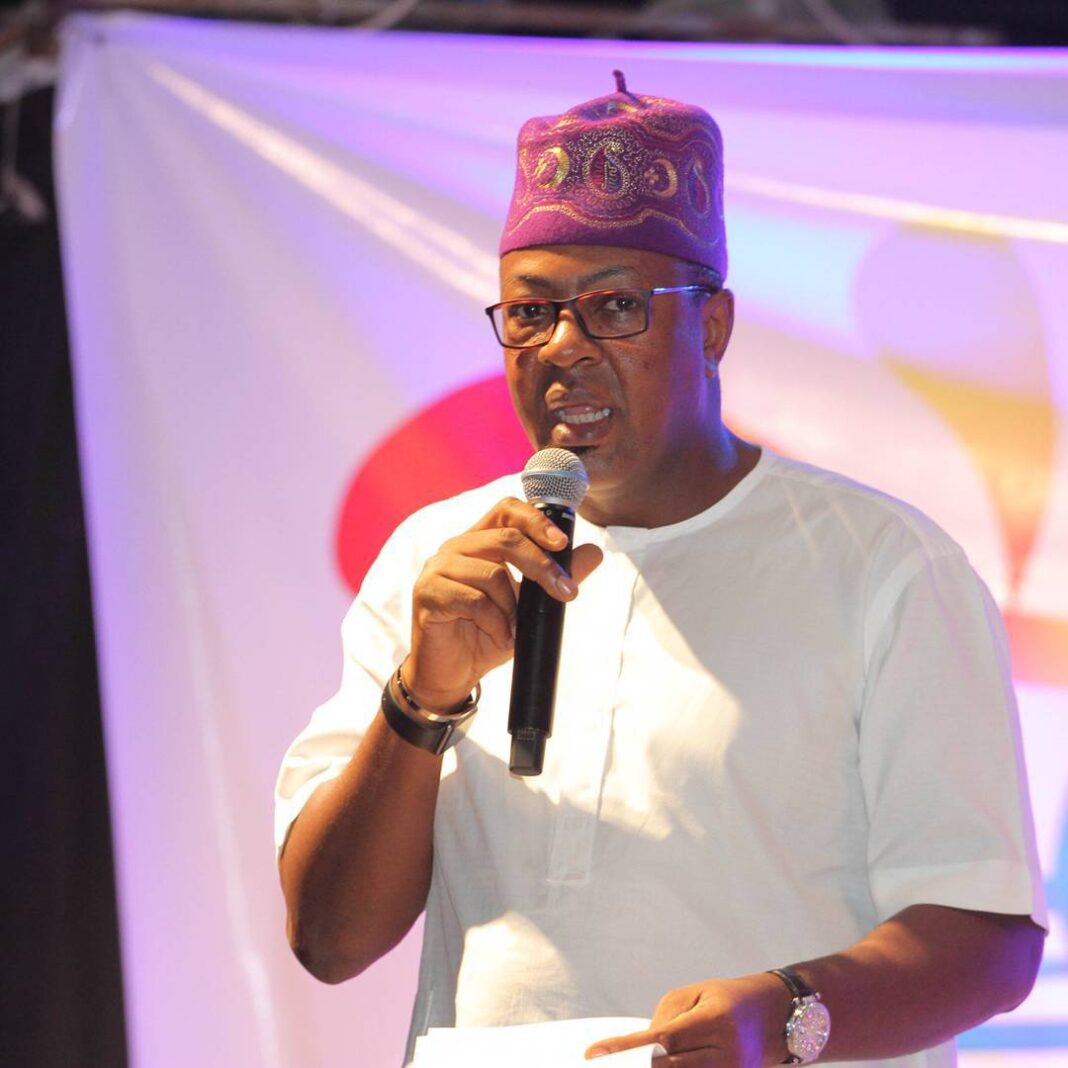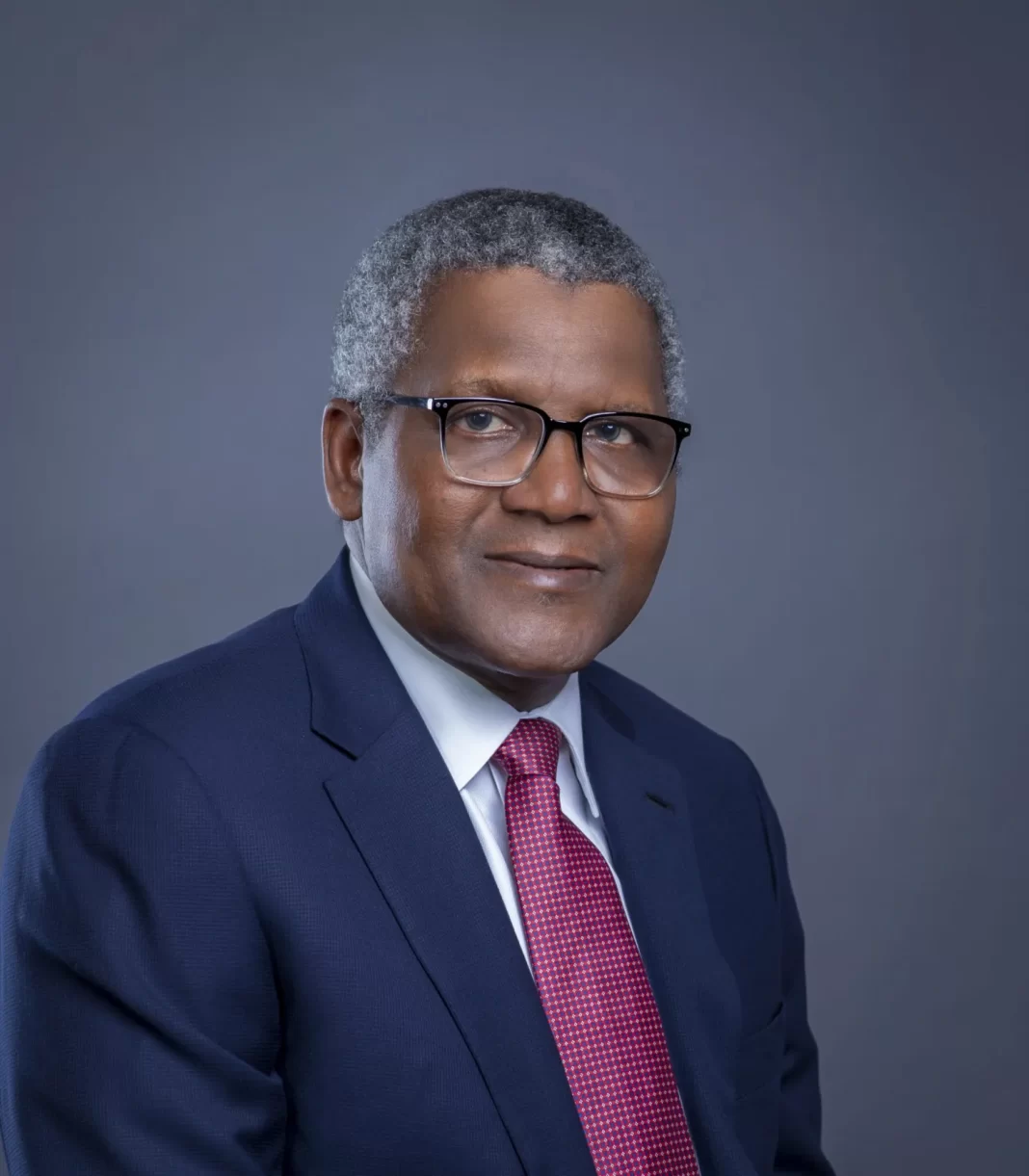By Folorunsho Coker
As we welcome the new Minister for Tourism, I am hopeful that in our time, Nigeria can secure its place on the global tourism map while making a positive contribution to sustainable development.
By Folorunsho Coker
Reading time: 6 mins read
An Essential Platform for Tourism Growth
The recent announcement by the office of the President of the Federal Republic of Nigeria of the creation of a stand-alone Ministry of Tourism, and the appointment of a substantive Minister to run the Ministry is ample proof of the genuine intention of this administration to recognise tourism as a significant low hanging fruit for Nigeria’s economic growth and for the development of the industry.
The ministerial appointee, Ms Lola Ade John is a notable professional with cognate experience in the information and disruptive technology space and I am positive that her appointment to the Ministry of Tourism is just what the industry needs at a time like this.
Globally, the tourism value chain is a trillion-dollar industry that interconnects many sub-sectors, providing employment for millions of people and serving as a major contributor to National GDP’s. Sadly, Africa only accounts for 4% of this market.
There is need for all stakeholders in the industry to awaken to their responsibilities and collaboratively work towards the growth of the sector. The value chain of Nigeria’s tourism economy is vast. From the hospitality sector to aviation and transportation, destination management, souvenir production, event packaging, carnivals, festivals and cultural promotions, among others, the opportunities of leveraging this key growth sector to create jobs, shore up revenue and add to the nation’s GDP are limitless.
As administrators, my team and I strongly believe that to become a tourism hub in Africa, we need to develop domestic tourism first. The development of domestic tourism will increase the country’s attraction to sponsors and investors. They will, in turn, develop the industry, develop our tourism assets, leading to further infrastructural development that will let loose the huge potentials of the tourism industry.
Certainly, the new Ministry of Tourism offers the required growth structure for promoting the country as a destination of choice for many across the world, particularly as the demand for Nigerian tourism is strengthening and gearing up to surpass the 2019 pre-COVID levels, when international tourist arrivals accounted for over 2.2 million people, with receipts in excess of $1.4 billion. Across the world, tourism has recovered by 80% of its value, post-COVID, while Africa has recovered by as much as 88%. The opportunities for domestic growth of the sector are therefore very apparent.
There is equally now hope that domestic tourism, which is six times larger than international tourism, and constitutes more than 70% of tourism markets, will witness the collaborative drive that it requires from all stakeholders and this will result in the increase of inbound tourism. This will be good for the development of Nigeria’s rural communities, where a lot of the tourist sites are located.
We must address several challenges to fully realise our tourism potential. Investment in infrastructure development is crucial, alongside the improvements to transportation networks, accommodations, and tourist facilities. Public-private partnerships can play a vital role in attracting investment and expertise. In addition, we must prioritise the safety and security of tourists through effective security measures and proactive risk management strategies. By building trust and confidence, we can assuage concerns and create a welcoming environment for visitors.
Some quick ideas that come to mind for prompt intervention and growth of tourism in Nigeria include the following:
Commissioning of a National Tourism Development Master Plan
For coordinated growth of the sector, there is need to inaugurate a National Tourism Development Master Plan in line with the National Development Plan 2021–2025 that fits with government’s long-term aspiration, as encapsulated in the Nigeria Agenda 2050 for the measurable and coordinated growth of the sector.
Activation of the Tourism Satellite Account (TSA)
The Tourism Satellite Account (TSA) is a standardised quantitative tool required for capturing tourism related data, which is necessary for coordinated nationwide planning and development. There is therefore need to domesticate the TSA in Nigeria.
Placement of Tourism in the Federal Constitution
Due to its multi-faceted nature, tourism is a concurrent matter that involves all tiers of government. Accordingly, there is need to engage with the National Assembly to properly place tourism on the Concurrent List in the federal constitution and remove all ambiguity around it. This is necessary for tourism to thrive as envisaged.
Leveraging on the Open Skies Agreement and the Single African Market
The Open Skies Agreement, a key component of the African Continental Free Trade Area (AfCFTA) agreement, has the potential to transform Nigeria’s tourism landscape. By removing restrictive air travel regulations, the agreement fosters greater connectivity and accessibility, making it easier for international tourists to explore Nigeria’s tourism assets. Improved air transport infrastructure, combined with streamlined visa processes, will attract a larger number of visitors, providing a significant boost to the tourism industry.
Strengthening Institutional and Human Capacity Development Across the Industry
There is need to improve the range of skills necessary to provide quality services and experiences within the industry by partnering with stakeholders and educational organisations to provide the required skills and capacity for personnel and practitioners.
The standardised training system should attract young and mature Nigerians back to study and training, and provide them with specialised skills and pathways to new careers in the tourism, hospitality and services sectors. The training should be more vocational and not just academic.
Encouraging Tourism Investment and Funding
There is need to create a functional Tourism Development Fund, as well as an enabling environment for tourism investors to thrive and drive the development of tourism sites, assets and destination marketing. Also, financial institutions should be incentivised to act as partners in progress by providing single digit long term development loans to the industry.
New Regional Leadership Role
At the just concluded 66th Meeting of the UNWTO Commission for Africa, which held between the 26th and 28th of July in Mauritius, Nigeria was elected into the Executive Council of the United Nations World Tourism Organisation (UNWTO), and as Vice Chair of the Commission for Africa.
This is a major step for Nigerian tourism, and it confers huge advantages for regional and global visibility, as it came on the heels of the election of President Bola Ahmed Tinubu (GCFR) as the Chairman of the Economic Community of West African States (ECOWAS). This new development offers Nigeria another window of opportunity to showcase the best of her culture and diversity to the rest of the world.
Key benefits of this landmark achievement in Mauritius, would include the setting up of a UNWTO Tourism Academy in Nigeria, access to UNWTO tourism grants for supporting the local industry, and technical assistance for the activation of the Tourism Satellite Account.
According to the UNWTO Secretary-General, Zurab Pololikashvili at the event, “the agenda for the organisation of tourism in Africa has become updated for inclusive growth (which reflects the newer challenges of post-pandemic tourism and the priorities of members), as such, the vision for African tourism is that of stronger governance, more education and better jobs. Therefore, there is the need to innovate more around Africa as a brand, in a manner that would enhance tourism by unlocking its growth through investment, alongside public-private partnerships.”
Also, some of the achievements of UNWTO over the past year were pointed out as including the expansion of tourism investments across the continent, the promotion of gender equality in all roles and youth empowerment, in line with the advocacy for “Brand Africa” to drive regional tourism outcomes.
Brand Africa is a powerful tool that Nigeria can leverage on to enhance the tourism sector. By showcasing the nation’s unique cultural heritage, vibrant traditions, and warm hospitality, we can create a distinct and compelling brand identity. Collaborative marketing campaigns, both domestically and internationally, can highlight Nigeria’s diverse attractions, captivating potential tourists and dispelling any misconceptions about the country. Emphasising Nigeria’s position as a gateway to Africa’s rich tapestry of experiences will further enhance its appeal to global travelers seeking authentic and transformative encounters. I am gladdened that such an analogous brand already exists at the Nigerian Tourism Development Authority.
We will work together to promote the “Tour Nigeria” brand to accelerate the growth of tourism, collaborate with international organisations, neighbouring countries, and regional tourism bodies.
By cultivating collaborative partnerships, we believe that Nigeria can benefit from shared knowledge, expertise, and promotional opportunities. Joint marketing initiatives showcasing Nigeria’s unique offerings within the African context will bolster our brand visibility on the global tourism stage. Furthermore, we would look to actively participate in international tourism events and leverage on our digital platforms to reach a broader audience, going forward.
Conclusion
Nigeria stands at the threshold of a transformative era in its tourism industry. By harnessing the opportunities presented by the Open Skies Agreement and the AfCFTA, addressing the challenges posed by inadequate investments in the sector, and leveraging the power of the “Tour Nigeria” brand, we can propel the tourism sector to new heights.
Through sustainable practices, infrastructure development, collaborative partnerships, and effective promotion, we can unlock our tourism potentials and emerge as a sought-after destination. This will be executed by embracing innovation and disruptive technologies, and preserving our cultural heritage and natural wonders.
As we welcome the new Minister for Tourism, I am hopeful that in our time, Nigeria can secure its place on the global tourism map while making a positive contribution to sustainable development.
Folorunsho Coker, Baba Eto of
Yorubaland and Director General of the Nigerian Tourism Development Authority wrote in from Abuja





